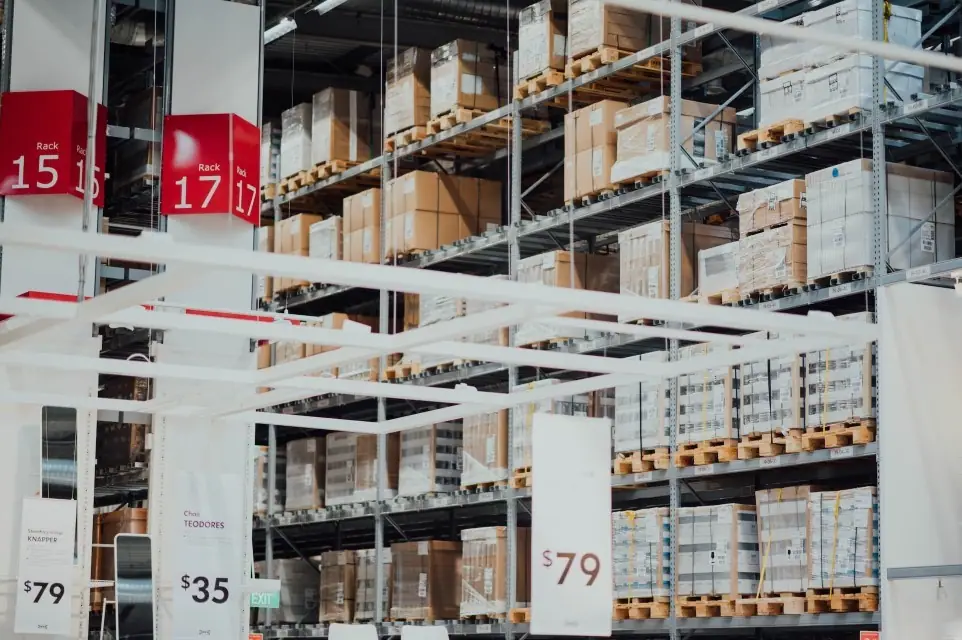A third-party logistics (3PL) provider offers outsourced logistics services to companies that need warehousing, fulfillment, shipping, and other supply chain management functions. 3PL allows businesses to focus on their core competencies instead of logistics operations.
If you want to start a 3PL business, consider the basics like drafting a business plan, choosing a business structure and location, obtaining licenses and permits, buying equipment and hiring staff. Define your services and target customers. Research 3PL licensing and regulations. Assemble a qualified team to handle operations, sales, marketing and finances.
Business Plan and Financing
Create a 3PL business plan covering your services, target market, startup costs, pricing, projected revenues and competition. Estimate costs for a commercial warehouse, material handling equipment, fleet vehicles, staff, insurance, technology, marketing, etc. Explore financing options like small business loans, angel investors and business partners.
Business Entity and Location
Choose a business structure like sole proprietorship, partnership, limited liability company or corporation. Register your business name. Select a convenient warehouse location near major highways, rail lines or shipping ports. Lease commercial space with ample parking and room to grow. Meet local zoning requirements.

Licensing and Permits
Obtain necessary business licenses and permits. Research motor carrier operating authority and freight brokerage licensing. Get registered for federal and state tax IDs. Meet occupational safety standards. Obtain any required customs bonds. Have commercial liability insurance.
Facilities and Equipment
Set up warehouse space with pallet racks, conveyors, forklifts and other handling equipment. Install a warehouse management system (WMS) and tracking technology. Provide climate-controlled space as needed. Buy fleet vehicles for deliveries. Furnish administrative offices.
Staffing and Operations
Hire experienced managers to oversee daily operations, transportation, marketing, accounting, human resources, compliance and technology. Recruit warehouse associates, equipment operators, dispatchers, drivers and inventory specialists. Develop efficient procedures for warehousing, shipping, tracking, billing and customer service.
Services and Target Market
Offer comprehensive 3PL services or specialize in certain functions like transportation logistics or fulfillment. Focus on a niche like pharmaceuticals, retail, manufacturing or consumer packaged goods. Target small, mid-size or large companies needing flexible, scalable logistics solutions. Highlight your value proposition.

Marketing and Sales
Promote your services through a professional website, search ads, trade show booths and direct marketing. Join industry associations to build credibility. Network to generate client referrals. Assign sales staff to identify and develop new accounts. Follow up on sales leads quickly and effectively.
Financial Management
Track costs, revenues, profits and cash flow closely. Bill clients accurately and collect payments on time. Control expenses while still delivering excellent service. Comply with tax and accounting standards. Plan budgets and make projections to guide financial decisions.
By developing expertise in warehousing, shipping and fulfillment, 3PLs become invaluable partners helping businesses improve their supply chain efficiency. With thorough planning and preparation, you can launch a successful logistics company. Pay close attention to customers’ needs so you can provide reliable, value-added services in this thriving industry.

